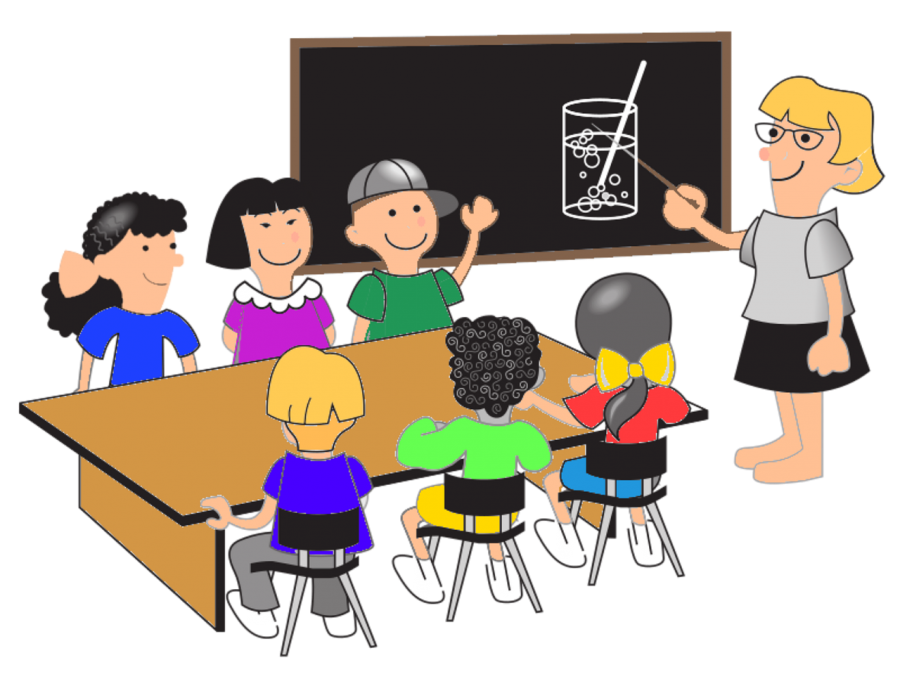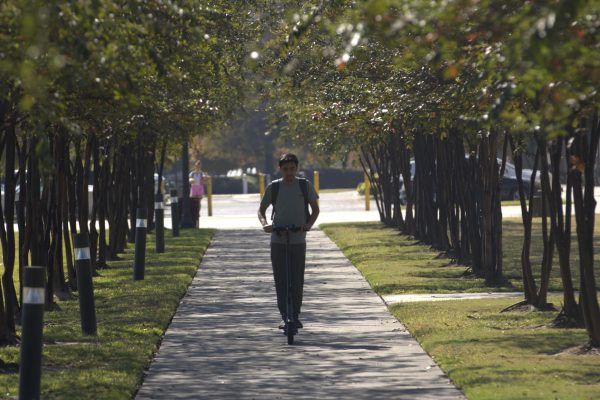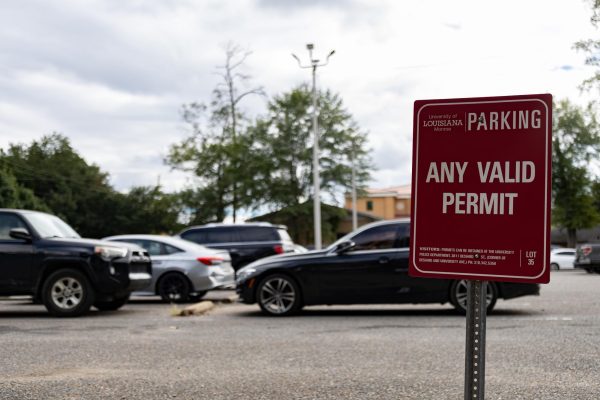Critical Race Theory stirs unneeded concern
Unless you’ve been living under a rock these past few months, you’ve probably heard a thing or two about Critical Race Theory, or CRT. A quick Google search shows parents flooding school board meetings with concerns over children being taught that they are inherently racist or devalued based on their skin color.
Indeed, this would be cause for concern if it were being taught in schools. The thing is—it’s not even being taught in schools. And the anger and controversy surrounding the topic is unwarranted.
According to Kimberlé Crenshaw, one of the legal scholars that coined the term, there are no K-12 curriculums in the U.S. that include CRT. In fact, CRT only exists as a graduate level law school course.
CRT is a collection of academic studies that allows legal scholars to evaluate the relationship between law and race. It’s mostly used as a tool to examine the way some laws have been created to benefit or hinder certain racial groups.
Some well-known examples in American history include Jim Crow laws, and more recently, legislation that promote gentrification.
So why do so many parents think their children are being taught CRT?
Crenshaw believes that the theory, which originated in the 70s, is receiving attention now because of its name. “Critical Race Theory” sounds scary enough to stir people into a panic.
Even though CRT is not taught in Louisiana schools, that didn’t stop Louisiana Rep. Ray Garofalo from proposing a bill that would ban it.
With a seat on the House Education Committee, he felt he should fight for Louisiana’s education system and said that children should be taught “…about everything dealing with slavery, the good, the bad and the ugly.” I’m sure you can imagine how that went over.
The truth is CRT is not a dividing force in America. It’s not even in our school systems. If it were, it would only teach our children how to better identify when laws are being written with ulterior motives.
Who would think that’s a bad thing? I know I would want my children to have the tools to recognize injustice in the legal system.
If children receiving comprehensive education is scary, then we need to reevaluate what scares us. When people panic over an imaginary situation, we need to ask questions about who is spreading that information and what they might gain from it.




